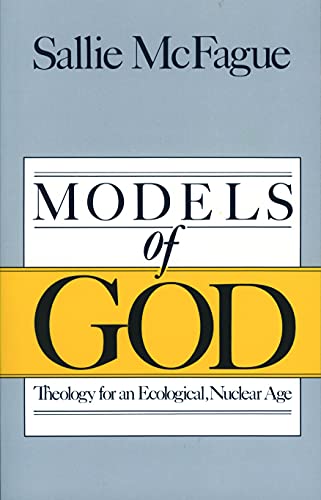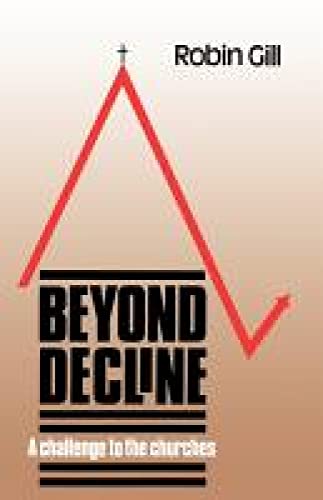Answering for Faith: Christ and the human search for salvation
Written by Richard Viladesau Reviewed By Richard SturchThis book, whose author is professor of theology at Immaculate Conception seminary, Huntington, New York, is meant as a work of apologetics, and more specifically apologetics vis-à-vis other world religions. Dr Viladesau’s method is to begin with an ‘anthropology’ (i.e. a theology of human nature) based on an earlier book of his. The Reason for our Hope. To be human is to be conscious; to have a finite freedom; to be orientated to the infinite; to be alienated; and yet to seek salvation ‘as a collaboration of love with God and with others’. This leads to a section on the problem of evil; Viladesau here deliberately blends the philosophical problem (‘Why is there evil, if there is a God?’) and the religious one (‘How does God deal with evil?’).
But can God, to whom we are orientated, really speak to us? (a very difficult section, because Viladesau is reluctant to accept specific divine acts in the world, and obviously finds it hard to reconcile this with his belief that God has indeed spoken). Given that he can and does, we next look at possible cases of such speaking: and so Viladesau surveys first the Indian and Chinese religions (evincing a certain sympathy for Mahayana Buddhism in particular), and then the ‘Perso-Semitic-Hellenic’. Can there be a final word of God? Can these religions be seen as converging (e.g. in the principle of mysticism, or in that of mediation and incarnation)? This leads on to the claims of Christianity, and to the position of Christ as ‘eschatological saviour’. His finality is affirmed, but not exclusively: Christianity should both take in the positive elements of other faiths, and act as a catalyst for them—as in fact historically has happened.
The book suffers from two major defects. Firstly, Viladesau tends (like others before him) to try and force other religions to say what he would like them to rather than what is actually said by their own adherents; and, correspondingly, to assimilate Christian ideas to those found in other religions. (Is Jesus’s I and the Father are one’ really the same as the Advaitin’s I am Brahman’, when the latter applies to everyone, not just Jesus?) What is worse, especially for one who is presumably trying to convince others, is the appallingly difficult style. Viladesau seems reluctant to use a short word if a long one will do. Typically, when he comes to mention a point allied to my first criticism just now, what he says is ‘our treatment has been typological rather than concretely phenomenological’. In describing what happens in a miracle, he tells us that ‘the action points to the Absolute as the source of the spiritual power … for God is the “final cause” of the entire dynamism of transcendence’. And these are rather mild examples of the style. Moreover, he belongs to the Roman Catholic theological school of ‘transcendental Thomism’ whose most notable members are Lonergan and Rahner (the latter in particular is frequently quoted). But transcendental Thomists seem to have their own peculiar language or jargon, and Viladesau uses it with no concessions at all to the reader. Any discipline will need a technical vocabulary of its own; but it is putting-off to find within the first few pages a statement like ‘The method of subjectivity as we practice it, therefore, includes both a transcendental and a dialectical movement’. The result is that although Viladesau aims to base his work on philosophical grounds which are potentially common not only to all Christians but also to non-Christians and even non-believers, the book is unlikely to help any except the initiated.
Richard Sturch
Islip, Oxfordshire







